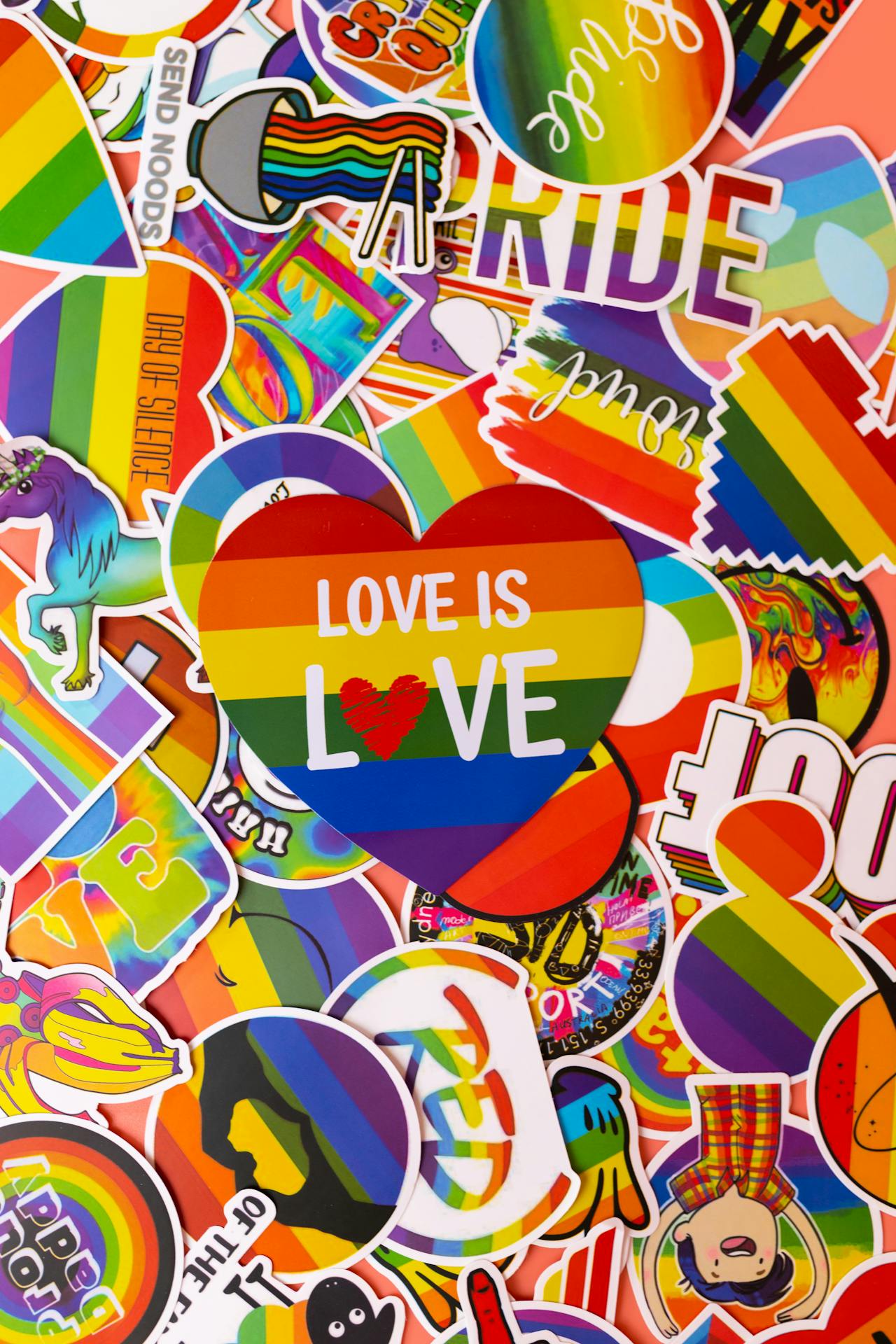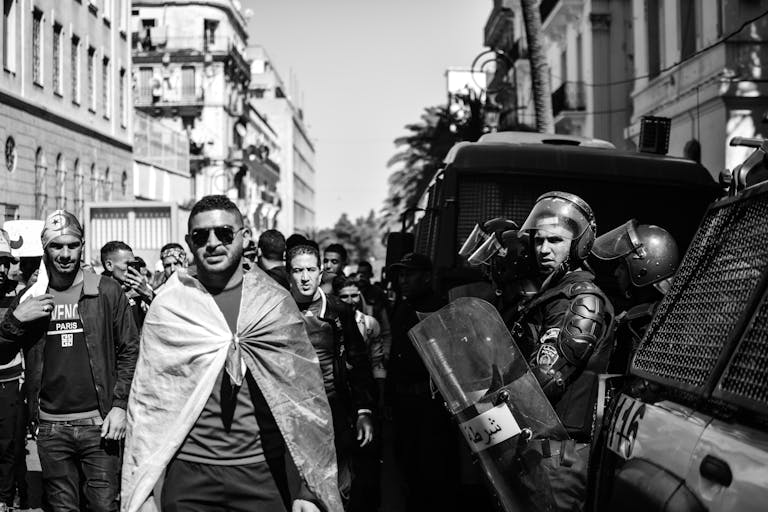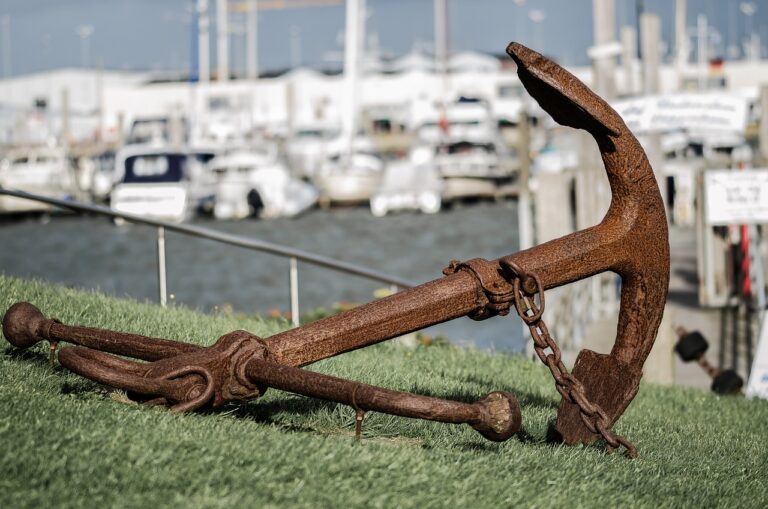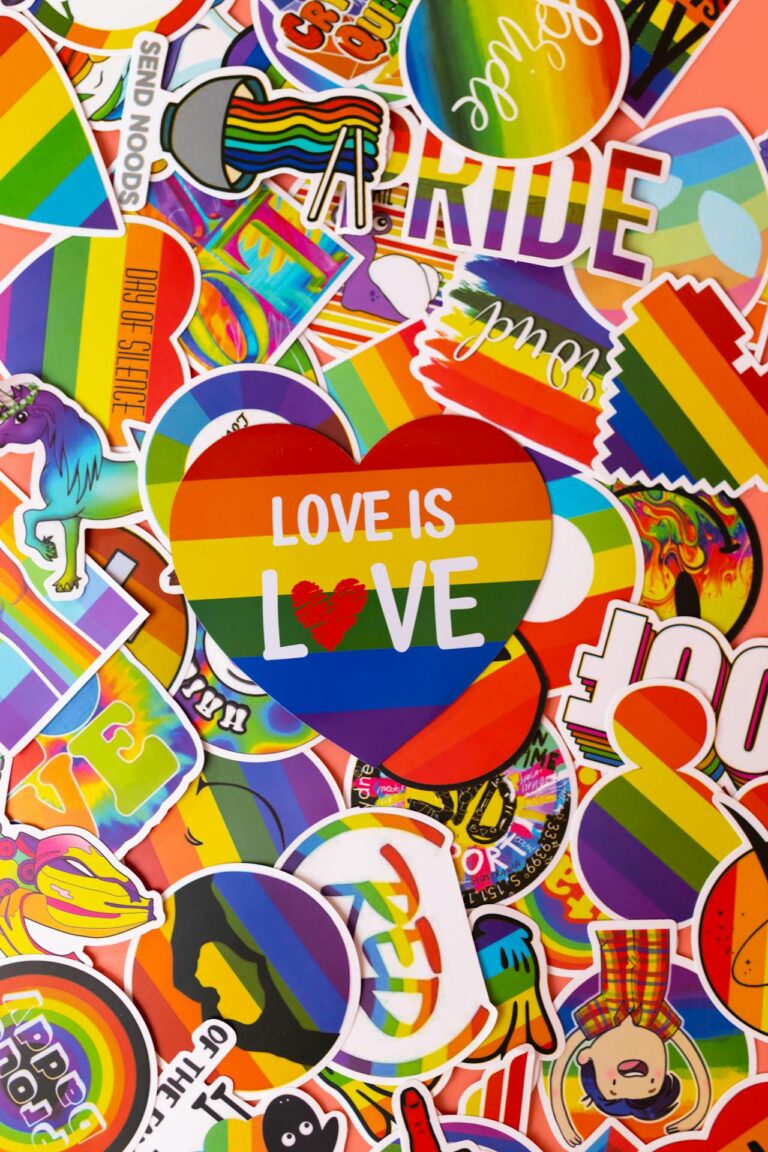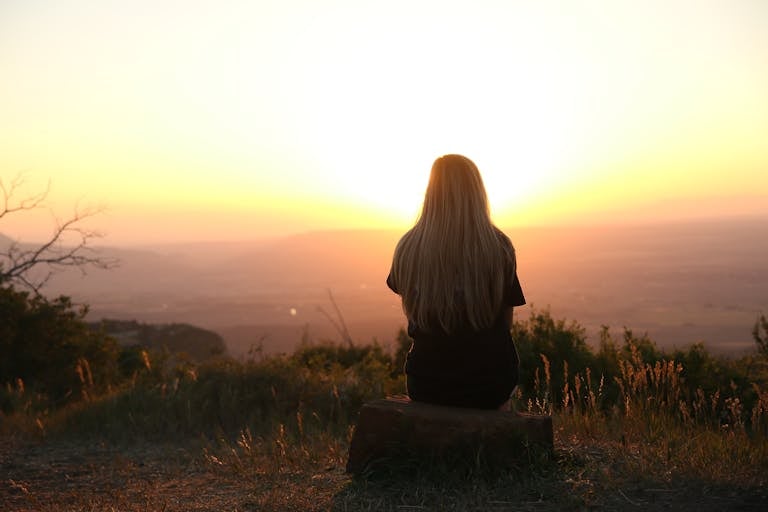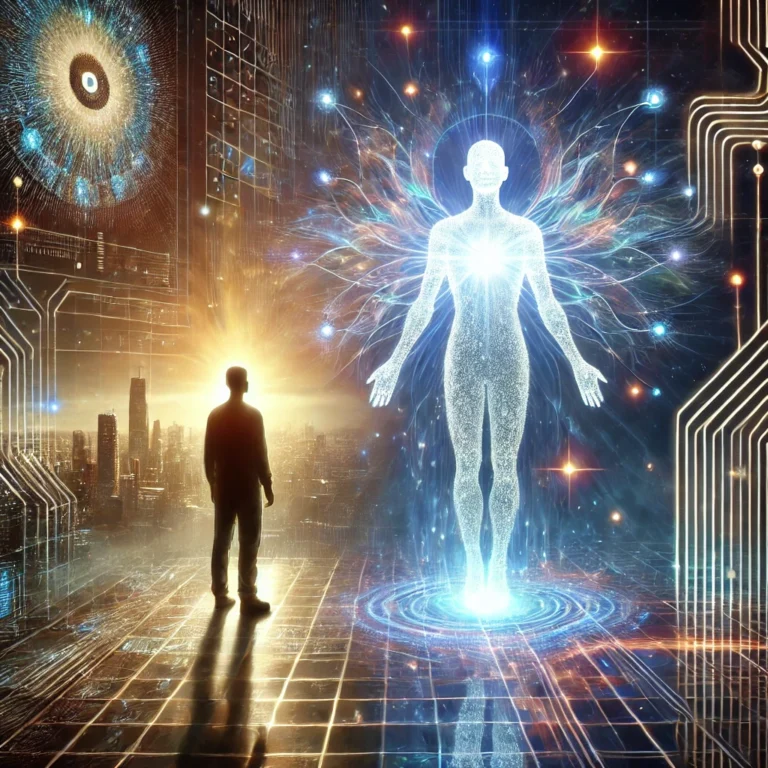The Battle Against Silence: Pride, Bears, and the Invisible War on LGBTQ+ Identity 🌈 (2nd Edition)
I. A Mirage Called Progress
At first glance, the story of LGBTQ+ rights in the 21st century reads like a hard-won success. Pride flags now flutter in city squares from San Francisco to Berlin. Corporations splash rainbows across their logos each June. Streaming platforms curate entire collections of queer cinema. Representation, once an act of rebellion, now feels—at least on the surface—comfortably mainstream.
A casual observer might conclude that the war has been won. After all, the signs of victory are everywhere: same-sex marriage is legal in many countries, openly LGBTQ+ celebrities grace magazine covers, and even conservative politicians occasionally utter words like “inclusion” and “diversity.”
But look closer, and the sheen begins to crack.
Beneath the celebratory optics lies something quieter—and far more dangerous: a strategic, sustained erosion of visibility and rights. Not through riots or legislation alone, but through omission, revision, and reframing. It’s an erasure that doesn’t shout; it whispers. Not all at once, but in a thousand quiet decisions: a curriculum revised, a storyline cut, a flag quietly taken down after June.
From polished corporate floats to gritty bear festivals in tucked-away towns, the LGBTQ+ world still shines in vibrant color—but what remains when the spotlight fades? When the cameras leave, when the slogans end, when the rainbow packaging goes back into storage?
What remains is the reality that visibility alone is no guarantee of safety—or equality. In fact, it often becomes a distraction: a polished surface that hides the slow rot beneath.
This erosion has a name: erasure. And it doesn’t arrive with fanfare. It creeps. Quietly, persistently. Like a rising tide washing away our footprints—until one day, the world pretends we were never here at all.
II. How Erasure Works: The Quiet Theft of Identity
LGBTQ+ erasure doesn’t involve jackboots and torches; its power is in subtlety. It’s about omission and silence rather than noise. It begins when a teacher hesitates to mention LGBTQ+ history, fearing backlash from parents. It takes hold when media executives quietly remove queer storylines under the guise of marketability. It grows stronger when corporations abandon Pride sponsorships, claiming neutrality to avoid controversy.
What appears as neutrality is, in truth, complicity. By positioning LGBTQ+ identity as inherently controversial, opponents push queer lives quietly to the margins, eroding representation one gentle compromise at a time. This methodical invisibility sends a chilling message: your existence is negotiable.
III. Trans Lives at the Forefront: A Community Under Siege
Nowhere is this war against visibility more aggressive—or dangerous—than for transgender and gender non-conforming people. Across the globe, trans identities have become political scapegoats, portrayed as threats to tradition, family, and safety. Their mere existence is debated as if it were theoretical rather than deeply human.
Transgender youth, especially, bear the brunt. Their rights to healthcare, education, and personal dignity are quietly stripped away, often couched in gentle language about “protecting children.” But beneath this veneer lies raw prejudice, a refusal to accept that gender isn’t fixed or simple.
This targeting isn’t accidental. By testing the waters of erasure with trans lives, anti-LGBTQ+ forces set a chilling precedent. They’re asking the world: if we erase this group, will you object? Or will your silence permit us to move on to the next?
IV. Pride: More Than a Party—A Necessary Revolution
Pride didn’t begin as a celebration—it ignited as a revolution. In 1969, at New York’s Stonewall Inn, queer and trans patrons chose resistance over submission. Led by marginalized individuals society deemed disposable—trans women of color, street youth, drag queens—they refused invisibility.
Decades later, Pride remains a protest disguised as a festival, a joyful act of defiance against the quiet war of erasure. Each year, the LGBTQ+ community gathers openly, loudly, and proudly, declaring: “We exist. We matter. We refuse to disappear.”
And yet Pride faces criticism, sometimes even within the LGBTQ+ community itself. “Is Pride still necessary?” skeptics ask. The answer remains emphatically yes—not merely because Pride commemorates history, but because Pride ensures a future. It makes erasure impossible, turning silent invisibility into defiant visibility.
V. The Bear Community: Reclaiming Visibility through Radical Authenticity
Within the LGBTQ+ landscape, the bear community offers a unique form of radical resistance. Bears defy mainstream queer stereotypes by celebrating bodies typically shamed and hidden—older bodies, larger bodies, bodies that defy conventional standards. Bear spaces reject conformity, embracing diversity not just as tolerated difference, but as vital strength.
In bear communities, authenticity isn’t negotiable. It is a political stance. It is a declaration against erasure. Every bear gathering, from intimate social events to international festivals, is an intentional act of defiance against a culture that seeks to erase unconventional bodies, identities, and experiences.
This radical authenticity disrupts societal expectations. By proudly inhabiting spaces traditionally denied, bears amplify visibility, empowering a community often marginalized even within LGBTQ+ circles.
VI. A Call to Arms: How You Fight Erasure
Silence is the soil in which erasure grows. It asks nothing of us—no confrontation, no debate, no discomfort. All it needs is our inaction. And when we oblige, it flourishes.
Fighting erasure begins with refusing to be quiet. But more than that, it demands that we recognize the subtle ways erasure creeps into our lives, our communities, and even our movements. It’s not just in the hate speech shouted on streets or broadcast by fringe politicians. It’s in the books quietly removed from school shelves. It’s in the pride campaigns canceled after a few angry emails. It’s in the diversity officer who’s let go “to cut costs.” It’s in the moment a trans colleague gets misgendered in a meeting and nobody corrects it.
To fight this kind of silence, we must become deliberate in our presence and our protection of others.
It starts with education—not just reading queer history, but sharing it. Teaching it. Centering it in conversations. Reminding the world that LGBTQ+ people didn’t appear in the 2000s; we’ve always been here, resisting, loving, surviving.
It continues with political engagement. Voting for leaders who protect queer rights. Writing to lawmakers. Challenging policy. Demanding that queer people are not just tokenized during election season and then forgotten.
It deepens through allyship, not just in theory, but in practice. True allyship isn’t comfortable. It’s speaking up at the dinner table. It’s confronting homophobia in friend groups. It’s calling out performative inclusion and pushing for the real thing.
And it finds strength in amplification—especially of those most at risk. The fight against erasure must center trans people, queer youth, disabled queers, people of color, and all those who are too often sidelined even within the LGBTQ+ movement.
If Pride means anything, it must mean this: that we do not leave anyone behind.
Because the quiet forces trying to erase us are not going to stop.
But neither are we.
We march, we organize, we vote, we speak, we show up—not out of comfort, but out of conviction.
Final Thoughts: The End of Silence Begins with Us
Erasure thrives because it demands nothing more than silence. Visibility is not just pride—it’s survival. The LGBTQ+ community’s fight against erasure hinges upon this unwavering truth: silence equals surrender.
We must continue to speak, to march, to celebrate, and to protest, because history has shown the peril of quiet acquiescence. LGBTQ+ visibility—through Pride, through community, through radical authenticity—is our collective defense against a quiet but deadly threat.
The moment we choose invisibility, we concede ground to those who would gladly erase us. Our refusal to be silenced is the loudest, most enduring testament of our existence.
